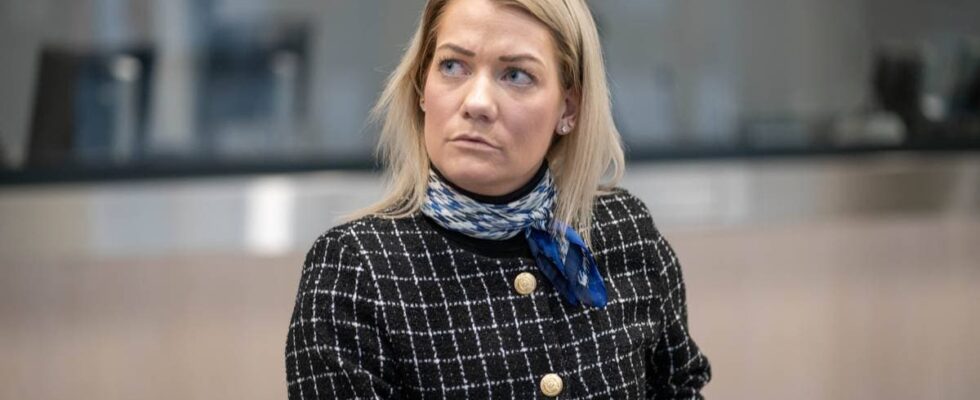The Sámi Parliament has become an important voice in many matters since its opening in 1989. The Sámi Parliament’s number of electors is currently experiencing strong growth, and news has investigated how the Sámi Parliament controls those who register and whether there are people in the number of voters who do not meet the criteria to stand there . A number of voters with incorrect behavior could weaken the Sámi Parliament’s legitimacy and support, and thus weaken the work to strengthen the Sámi language and culture. An incorrect number of voters is a threat to Sami democracy. Complaints In order to investigate whether the registrations are correct, news has chosen to investigate complaints that have come to the Sámi Parliament in the period 2012–2022. In ten years, two complaints were received against a total of five people. The first complaint case was reported by news in December 2022. Then we revealed several Frp politicians who had entered the Sámi Parliament’s electoral roll without being Sámi. Sandra Borch is part of the second complaint that news is now discussing. Sandra Borch is a Storting politician who helps pass laws in Norway. Her role in society is therefore relevant to the conditions discussed. She also stood for election to the Sámi Parliament in 2013. Criteria news does not ask whether Sandra Borch is Sámi or not. Her Sami identity is personal, and she has every right to embrace her Sami heritage. news’s investigations concentrate exclusively on whether she meets the criteria to be in the Sami Parliament’s electoral roll. There are two criteria that both must be met in order to be included in the Sami Parliament’s electoral roll. An introduction there will entitle you both to vote and stand for election to the Sámi Parliament. The first is a subjective criterion where the person must declare that they perceive themselves as Sami. The second is an objective criterion where the person concerned must be the child of someone who is on the electoral roll, or have at least one parent, grandparent or great-grandparent who had Sami as their home language. Varying control news has on repeated occasions asked for an interview and comments from Sandra Borch. She has not wanted to contribute to the case in any way other than to show that the complaint against her was not upheld. news’s investigations from the past have shown that registrations for the Sámi Parliament are checked to varying degrees. Not until 2023 did the Sámi Parliament introduce a requirement that all applications must include documentation of the language criterion in order to be registered in the electoral roll. Following news’s revelations in 2022, the Sámi Parliament initiated investigations into the number of electors, which may end in people who are listed incorrectly being removed from the number of voters. It has never happened before. Neither the Sami Parliament nor Sandra Borch has informed news who in her family is identified as Sami. When news then carries out its own investigations, and does not find anyone within the given criteria, we believe that this provides grounds for publication. Sources In order to investigate whether a person meets the objective criteria for the Sami language, genealogical research is a central method. Central sources are censuses and church registers. These are sources that are available to everyone, and which are also used by the Sámi Parliament when they have to check registrations. news has used two different genealogists who have both come to the same result. There is uncertainty about the quality of these sources, and these are reservations that have been included in the case. Vulnerable topic The Sámi Parliament’s number of voters is not an overview of all Sámi in Norway, but who has the right to vote and stand for election to the Sámi Parliament – according to some given criteria. news is fully aware that Sami identity is vulnerable for many people following the Norwegianization policy that was carried out in Norway. This is precisely why we have chosen to concentrate our investigations on the complaint cases that already exist. Our goal in examining the number of voters is to strengthen and develop Sami democracy, not to cast doubt on people’s Sami identity.
ttn-69
That is why Sami politics has become so toxic – Speech

